The Melody, Atlanta’s first-ever “Rapid Housing” initiative located in downtown Atlanta, has opened its doors to the city’s homeless population less than six months after the City of Atlanta announced the start of the development.
The Melody currently comprises 40 units of housing for the homeless, with each unit constructed from previously used shipping containers. The housing project falls under Mayor Andre Dickens’ long-term plan to help end homelessness in Atlanta.
“Mayor Andre Dickens launched the Rapid Housing initiative in August 2023 with the goal to build at least 500 units of housing for the homeless by the end of 2025,” Darion Dunn, developer of The Melody, said. “The first project of the Rapid Housing initiative was The Melody, which is a 40-unit multifamily community.”
Leni Garner, care navigator supervisor for the Policing Alternatives & Diversion Initiative, said The Melody aims to provide stable housing for homeless individuals.
“The Melody was actually named after one of our participants,” Garner said. “Her name was Melody [Bloodworth] and she passed away on the corner across the street from a fentanyl overdose. And one of our people [employees] that went to work on that project [The Melody] and asked they name it after her, kind of as dedication, but also because if she had housing like The Melody, maybe she wouldn’t have died on the street.”
According to Dunn, the Georgia Emergency Management Agency (GEMA) donated shipping containers, which were formerly used as temporary COVID-19 hospital facilities in Macon, GA, to the City of Atlanta. The shipping containers were then converted into housing units.
Brad Schweers, executive director of Intown Cares, one of the various nonprofit organizations involved in developing The Melody, said the government’s support of The Melody initiative has been integral in ensuring its affordability and efficiency.
“It’s just a great example of partnership between the state and the city,” Schweers said. “The state had these containers, the city needed them, and the city and state were able to work together to get us the containers. Mayor Dickens has been working to remove as many of the barriers to building affordable housing and lower the barriers to constructing this kind of housing, this is one example of affordable housing.”
Dunn said that the dedication of the workers involved with the development of The Melody, along with the City of Atlanta expediting the plan review process, allowed the project to be completed efficiently.
“Traditional multifamily developments can take over 12 months to design and construct,” Dunn said. “So, building a multifamily project in only four months required an extraordinary time commitment from our team. Our team regularly worked seven days a week, even during the holidays, to deliver this project on time.”
According to Dunn, there are currently over 2,600 homeless individuals living in Atlanta. Schweers said the efficiency of the housing project’s timing comes at a pivotal time amid current housing concerns.
“This is one of those latest innovations that we’ve been exploring across the country and said, ‘Here’s how that can work in Atlanta,’” Schweers said. “I think that especially at this moment where there’s a housing crisis in Atlanta and all across the country, and you can only build so many units so quickly, this is a way to get units done faster.”
Schweers said one goal of The Melody is to secure the physical safety of homeless individuals.
“There’s a misperception that people experiencing homelessness are committing crimes, more often than the general population, when in fact the opposite is true; people experiencing homelessness are more likely to be a victim of a crime than the general population,” Schweers said. “So, physical safety is always a concern.”
Schweers said a key obstacle in providing housing for Atlanta’s homeless population is that many of the available affordable housing options are outside of metro Atlanta, where homeless individuals live, and a target of The Melody is to combat this issue.
“One of the challenges is that [for] housing, we have available involves removing people from their geographic community and all of the supports they might have there, [to] move them to another totally different part of town or outside of town,” Schweers said. “The Melody is prioritized for people experiencing homelessness downtown … that idea of being able to provide permanent housing in a neighborhood where people are experiencing homelessness is a really exciting innovation. We’re hoping to replicate that in other places across the city.”
Dunn said that unlike previous housing projects, The Melody is a 100% Permanent Supportive Housing (PSH) community, which differs from homeless shelters or transitional housing as residents have leases, and there isn’t a limit on the duration of residency. The Melody has a multitude of resources to support the wellbeing of its residents.
“The Melody’s amenities include a dining area, laundry room, dog park, exterior courtyards, 24-hour security and access controls,” Dunn said. “The residents also benefit from licensed case workers that provide supportive services.”
Garner said homeless individuals in Atlanta are frequently arrested for stealing food and clothes, public urination and criminal trespassing. Garner believes the PSH design of The Melody could reduce the number of homeless persons being arrested.
“A lot of homeless people face issues such as mental health issues, substance use and do quality of life crimes for survival,” Garner said “It’s really hard to stabilize your life while you’re homeless, so the idea is that if you get housing first, then all those other things will be so much easier to work on. Places like The Melody not only provide a place for people to stay and stabilize, but they also have pretty sufficient onsite support.”
Although the Melody has opened recently, 13 residents have already been slated to move in. Dunn said current residents have reflected positive experiences living in the homes.
“The response from residents has been overwhelmingly positive,” Dunn said. “The community provides them with a perfect mix of privacy and sense of community. Their case workers will help them create life plans to accomplish their personal goals, which will hopefully help them improve their social and economic circumstances. Hopefully, The Melody will serve as an example of how communities can respond to homelessness in a way that is quick, dignified and sustainable.”






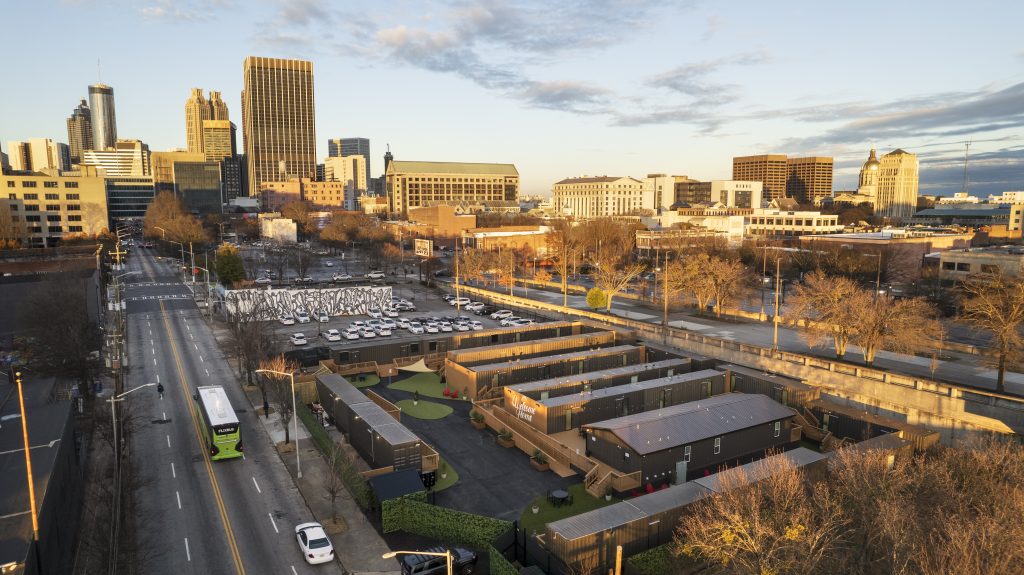
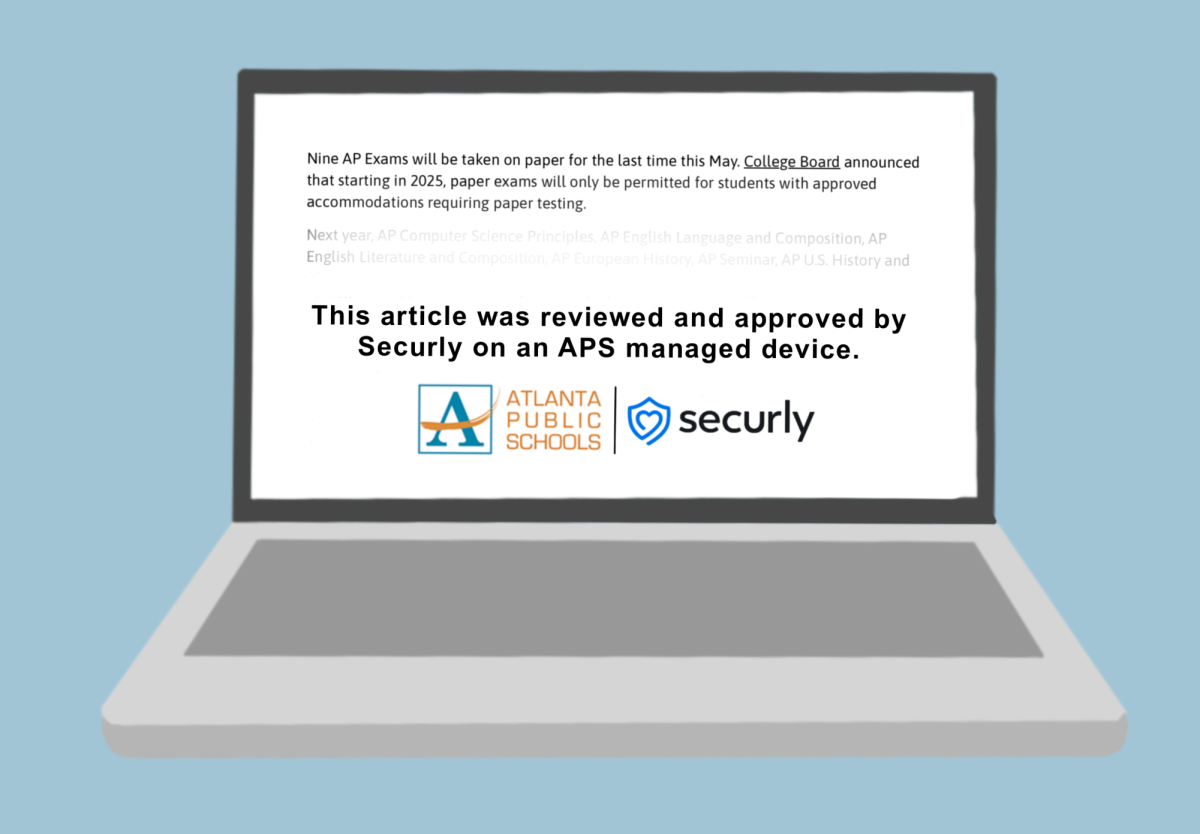
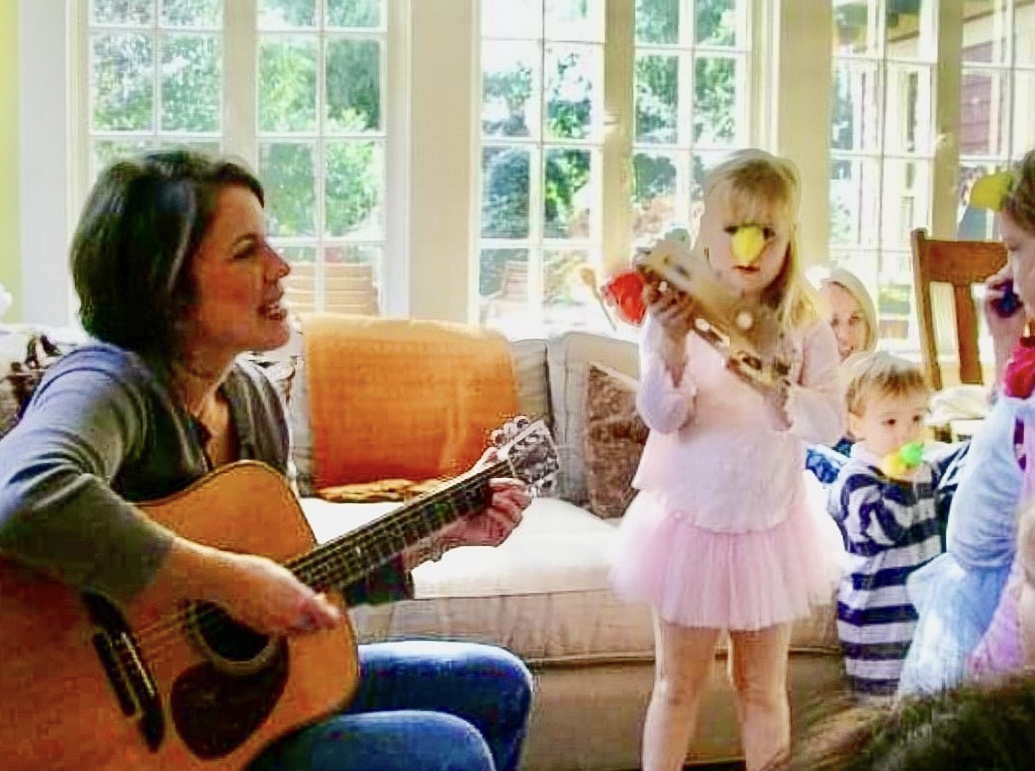
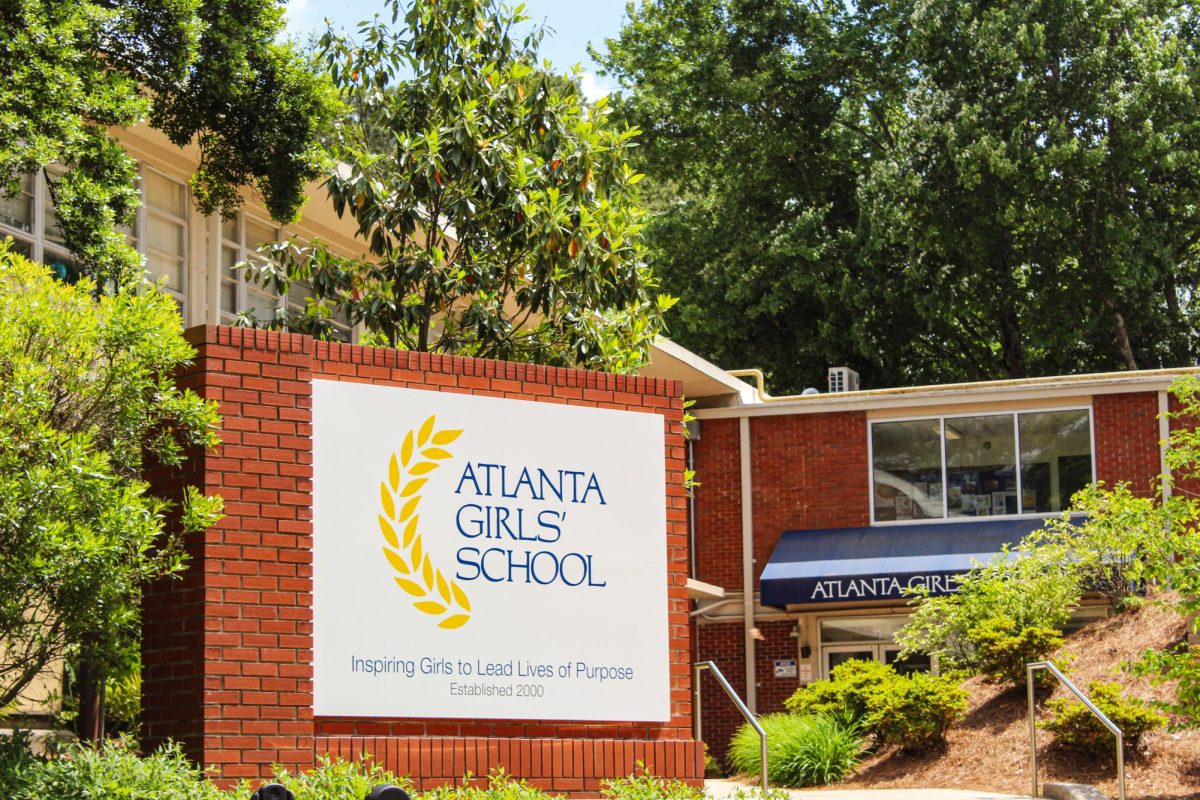
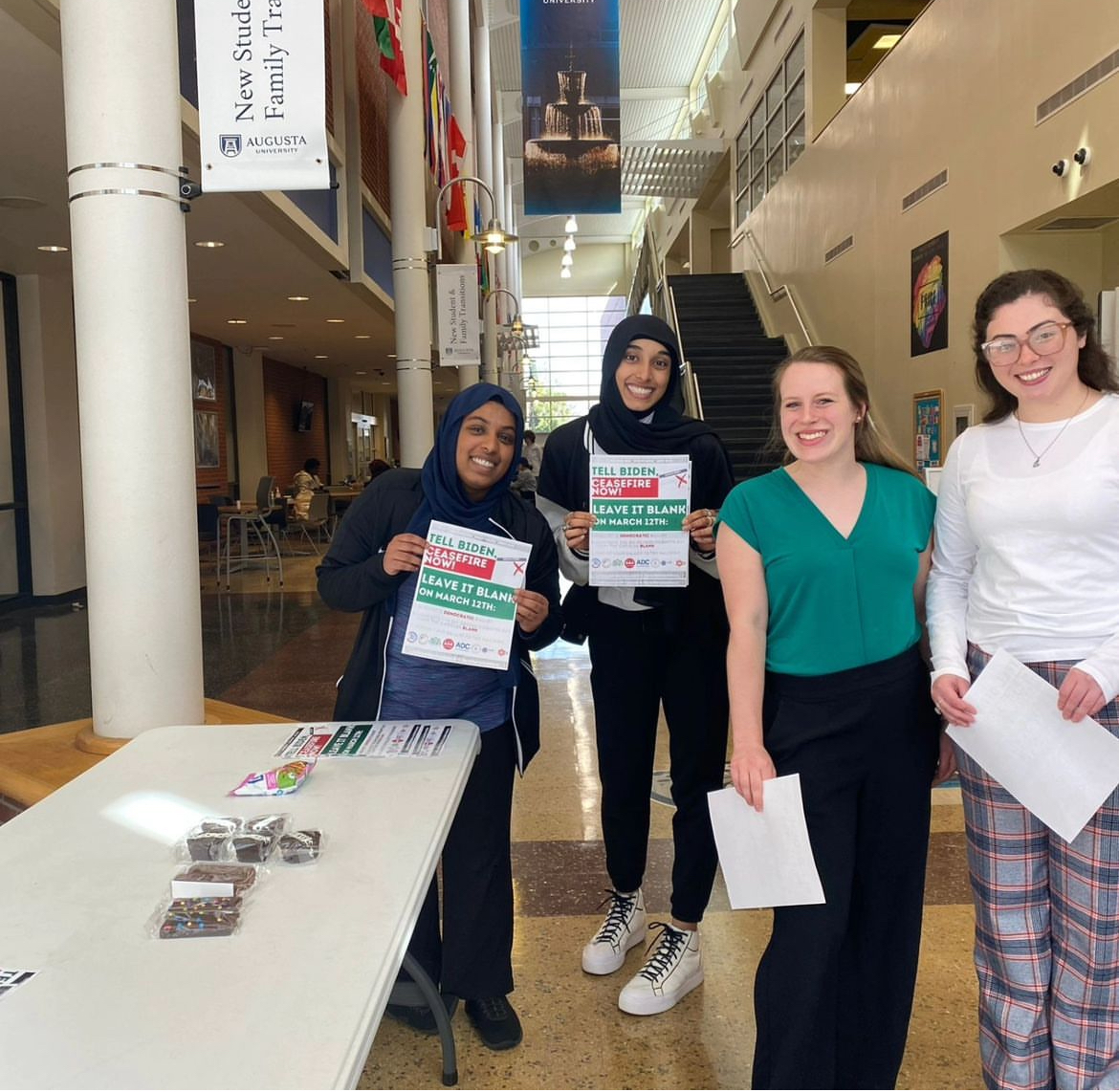




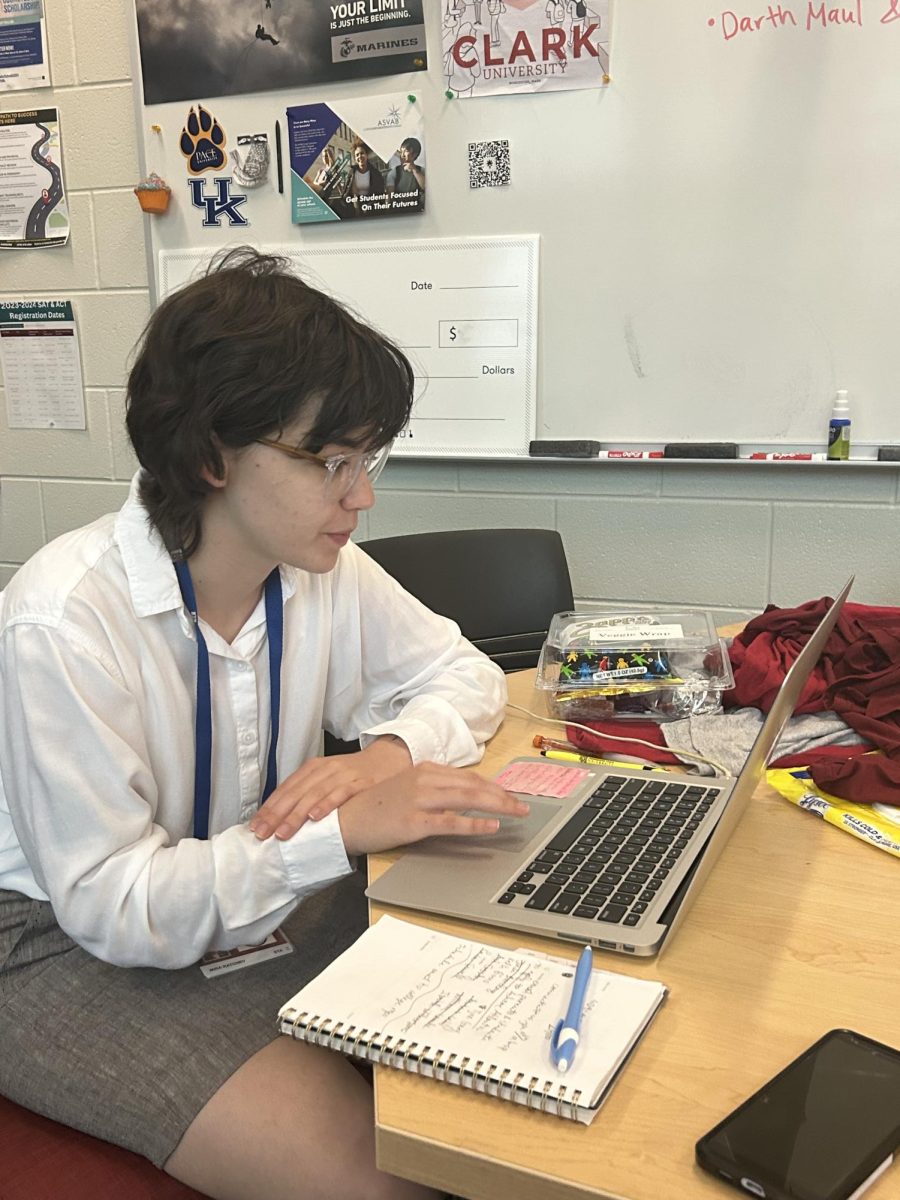
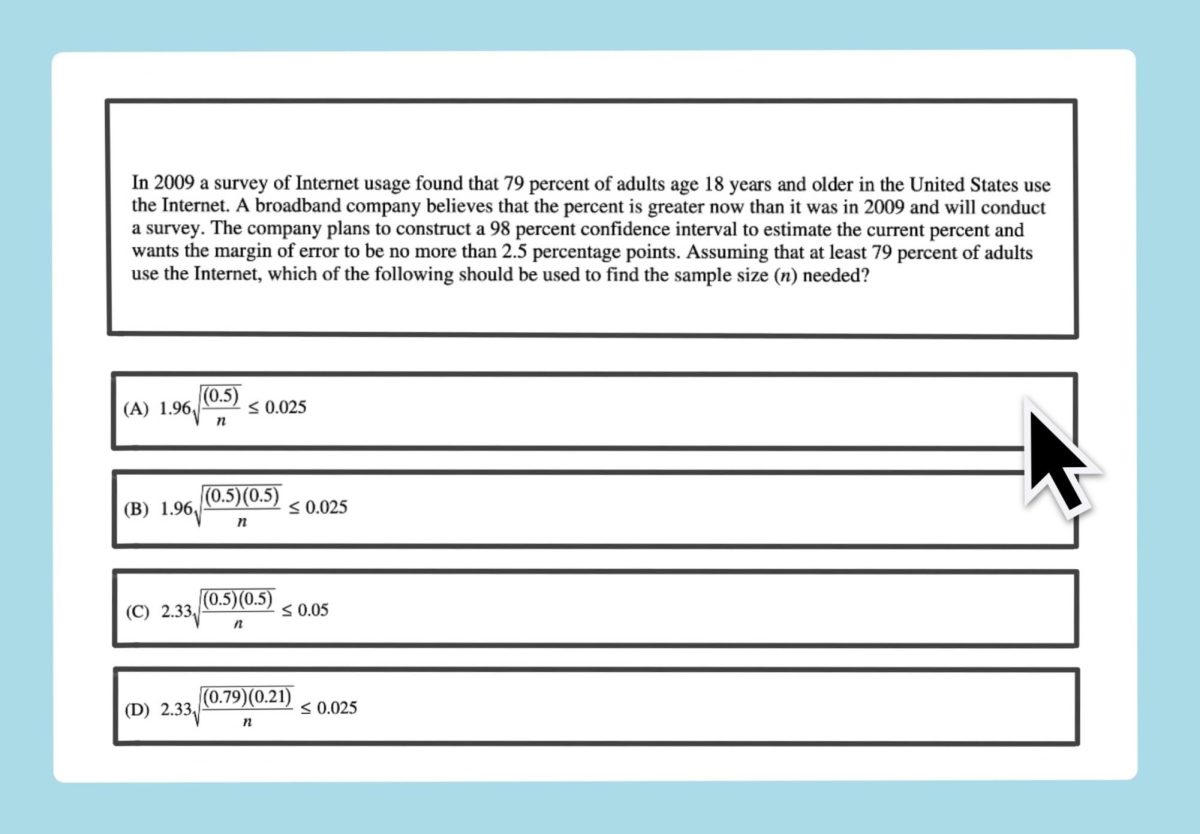


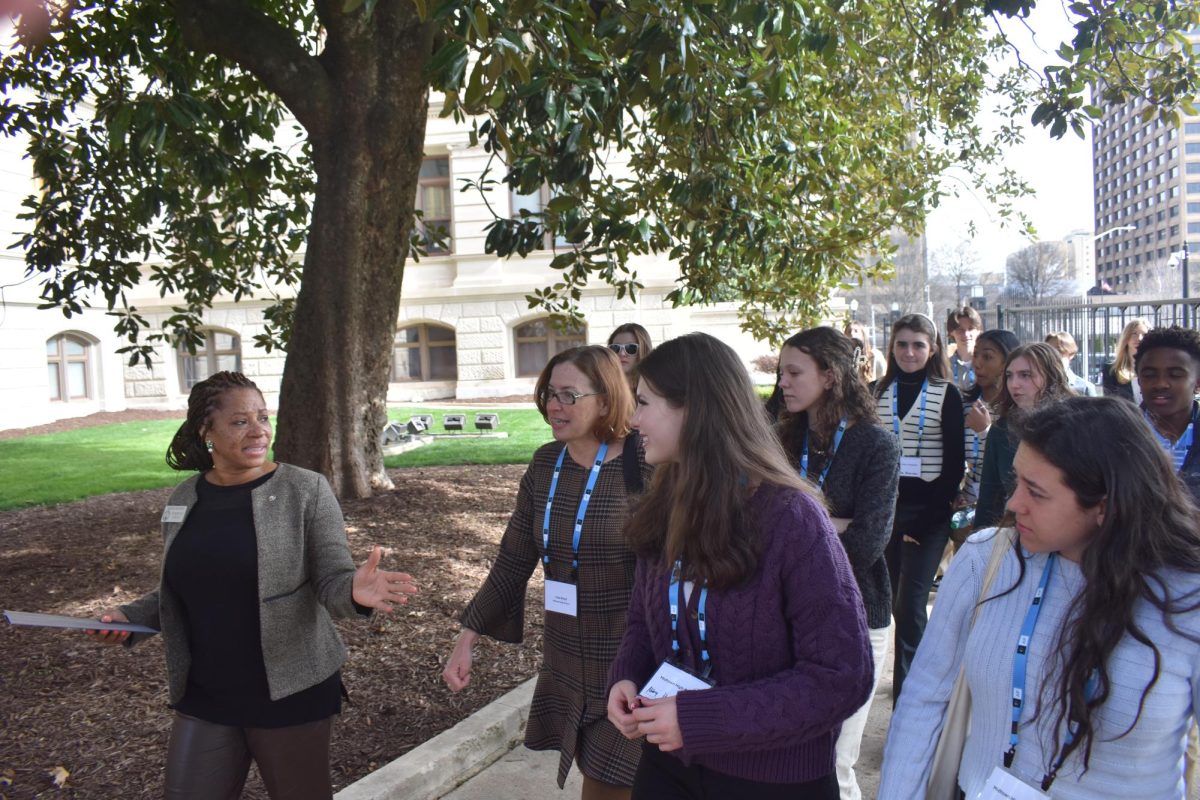
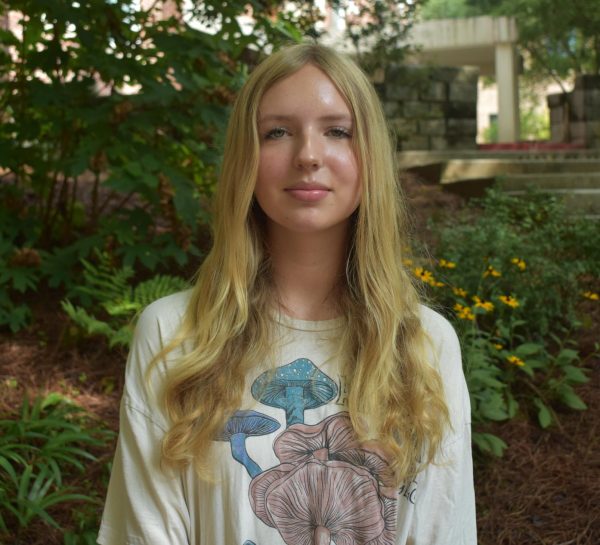

Elbow • Mar 19, 2024 at 1:54 pm
I luv me some Mayor Dickens 4 collaborating with The Community & Businesses 4 a Great Start 2 a deep,lingering Experience 4 such a vulnerable demographic!!!! Let’s continue this same concept until Homelessness,lack of Psycho-Social resources/assist are significantly “less”. Due 2 the lingering, untreated Psych issues(Dual Diagnosis) some of this demographic may never agree, committ for long term. It’s a Great Effort!!!!